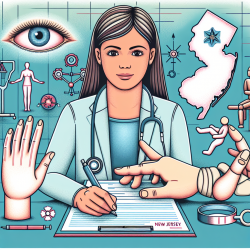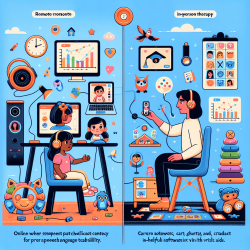The importance of early intervention in preschool education cannot be overstated, especially in regions with low socioeconomic profiles. The research article titled Cohort Profile: Evaluation of the Targeted Individual Promotion in German Preschools Using the Revised Dortmund Developmental Screening for Preschools DESK 3–6 R (Project “GIF MV”) provides invaluable insights for practitioners aiming to enhance developmental outcomes for children. Here, we discuss key findings and practical steps for implementation.
Key Findings
The study highlights the effectiveness of the DESK 3-6 R in identifying developmental risks among children aged 3-6 years. The longitudinal assessment showed a significant decrease in the number of children affected by developmental risks, particularly in attention and concentration. This indicates that targeted interventions can make a substantial difference.
- Attention and Concentration: A significant decrease in developmental risks was observed, underscoring the importance of early detection and intervention.
- Social Development: Approximately 15% of 3-year-olds were found to be at risk for developmental delays, with boys showing higher prevalence rates than girls.
- Additional Staff Hours: Increased staff hours were associated with a decrease in developmental risks, highlighting the need for adequate resources.
Practical Steps for Implementation
For practitioners, the following steps can help in effectively implementing the DESK 3-6 R findings:
- Annual Screening: Conduct the DESK 3-6 R annually from May to November to monitor developmental risks.
- Targeted Interventions: Use the screening results to develop individualized intervention plans for children identified at risk.
- Parental Involvement: Engage parents by sharing screening results and recommending professional help when necessary.
- Training for Teachers: Ensure that preschool teachers receive proper training and refresh their skills periodically.
- Resource Allocation: Advocate for additional staff hours to provide better care and support for each child.
Encouraging Further Research
The findings from the DESK 3-6 R study also highlight areas that require further research. For instance, understanding the long-term impact of early interventions on children's academic and social outcomes could provide deeper insights. Additionally, exploring the role of socioeconomic factors in developmental risks can help in formulating more effective policies and interventions.
To read the original research paper, please follow this link: Cohort Profile: Evaluation of the Targeted Individual Promotion in German Preschools Using the Revised Dortmund Developmental Screening for Preschools DESK 3–6 R (Project “GIF MV”).










